Do you want to know about the best CDN providers?
CDN (Content Delivery Network) providers can speed up your website to reduce bounce rates and improve user experience (UX).
Slow websites can have a detrimental effect on both SEO and your overall sales. That’s because slow load times can harm UX and train users to search for faster websites.
And that usually means heading over to a competitor.
That’s why, in today’s post, we’re going to share our top CDN providers to help you improve your site speed.
But before we dive into the list, let’s get clear on what CDNs are and how they can benefit your site.
What Is a CDN Provider?
A CDN provider is a service that offers a network of distributed servers aimed at delivering web content and pages to a user based on the geographic locations of the user, the origin of the webpage, and a content delivery server.
This service is used to speed up the delivery of content on the Internet by minimizing the distance between the server and the user, which helps reduce latency and improve site speed.
CDN providers host various types of content, including web objects (text, graphics, and scripts), downloadable objects (media files, software, documents), applications (e-commerce, portals), live streaming media, on-demand streaming media, and social networks.
Benefits of a CDN Provider
The main benefits of using a CDN provider include:
- Improved Load Times: By distributing content closer to website visitors using a nearby CDN server, visitors experience faster page loading times. This can lead to improved user experience and engagement.
- Reduced Bandwidth Costs: CDNs can reduce the data an origin server must provide, reducing hosting bandwidth costs for website owners.
- Increased Content Availability and Redundancy: High traffic or hardware failures can interrupt normal website function. A CDN can handle more traffic and withstand hardware failure better than many origin servers.
- Enhanced Website Security: A CDN may improve security by providing DDoS mitigation, improvements to security certificates, and other optimizations.
The 7 Best CDN Providers
Let’s look at each of these in detail.
1. Amazon CloudFront
Amazon CloudFront is one of the most highly secure and high-performance CDN providers. Offered by Amazon Web Services (AWS), it integrates with other Amazon Web Services products to give developers and businesses an easy way to distribute content to end-users with low latency, high data transfer speeds, and no minimum usage commitments.
Key Features
- Global Distribution: CloudFront has a vast network of data centers (known as edge locations) spread across the globe, ensuring content is delivered with the lowest possible latency. This global network helps improve the speed and performance of websites and applications for a global audience.
- Deep Integration with AWS: CloudFront is seamlessly integrated with AWS services, including Amazon S3, EC2, Elastic Load Balancing, Route 53, and AWS Elemental Media Services, providing a complete solution for content storage, computing, and delivery.
- Security: CloudFront provides multiple layers of security, including network and application-level protection. It supports AWS Shield for DDoS protection, AWS Web Application Firewall (WAF) for custom rules against attacks, and offers HTTPS support to encrypt data in transit. Additionally, it allows for easy integration with Amazon Certificate Manager (ACM) for managing SSL/TLS certificates at no extra cost.
- Customizable Content Delivery: CloudFront allows detailed customization of how content is cached and delivered. It supports dynamic content delivery, content compression, and smart caching mechanisms to optimize performance based on the type of content being delivered.
- Live Streaming and Video on Demand: CloudFront supports both live streaming and video on demand (VOD) through integration with AWS Elemental Media Services, making it a robust solution for media distribution.
- Cost-Effective: With a pay-as-you-go pricing model, CloudFront offers cost efficiency by charging only for the data transfer and requests that you use. AWS also provides a free tier for new users, which includes a generous amount of data transfer and request allowances each month for one year.
- Real-Time Analytics and Reporting: CloudFront provides detailed analytics and reporting features that help track viewer data, monitor application performance, and understand content engagement. This data is accessible through the AWS Management Console or programmatically via API.
Pricing
Amazon CloudFront’s pricing is based on the amount of data transferred out to the internet and the number of HTTP/HTTPS requests made. Pricing varies by geographic region, with costs typically lower for data transferred out of AWS Regions and higher for data transferred out of edge locations. AWS offers a detailed pricing structure on their website, allowing businesses to estimate costs based on their specific usage patterns.
Use Cases
- Web Application Acceleration: Speeds up the delivery of websites and web applications to users worldwide, improving user experience and engagement.
- Content Distribution: Efficiently serves static and dynamic content, including HTML, CSS, JavaScript, and image files, reducing server load and latency.
- Software Distribution: Delivers software downloads, updates, and patches quickly and securely to a global audience.
- Media Streaming: Offers a scalable solution for live streaming and on-demand video content, ensuring high-quality viewing experiences for audiences anywhere in the world.
Conclusion
Amazon CloudFront stands out as a comprehensive CDN solution that offers scalability, security, and integration with a wide range of AWS services. Its global network ensures fast content delivery, while its security features protect against a variety of online threats. With its customizable content delivery options and detailed analytics, CloudFront is a powerful tool for businesses looking to enhance their online presence and deliver content efficiently to a global audience.
2. Sucuri
Sucuri is widely recognized for its comprehensive website security solutions, which include a powerful Content Delivery Network as part of its Website Security Platform.
The Sucuri CDN is designed not only to enhance website performance by distributing content more efficiently across the globe but also to bolster website security with its integrated security features. Here’s a closer look at what Sucuri CDN offers:
Key Features
- Performance Optimization: Sucuri’s CDN improves website load times by caching content across its multiple global points of presence (PoPs). This ensures that website content is delivered from the server closest to the visitor, reducing latency and improving page load speeds.
- Security Enhancements: Beyond traditional CDN capabilities, Sucuri includes a Web Application Firewall (WAF) that protects websites from common threats and attacks, such as DDoS attacks, SQL injections, and cross-site scripting (XSS). The WAF is continually updated to defend against the latest vulnerabilities and threats.
- DDoS Protection: Sucuri’s CDN is designed to mitigate the effects of Distributed Denial of Service (DDoS) attacks, ensuring that websites remain accessible even under attack. This is achieved through a combination of traffic analysis, filtering, and the absorption of malicious traffic.
- Custom Caching Options: Sucuri offers customizable caching options that allow website owners to optimize performance based on their specific needs. This includes the ability to control cache expiry, cache bypass, and the caching of dynamic content.
- Content Optimization: The platform automatically optimizes website content for faster delivery by compressing files and leveraging browser caching. This not only improves load times but also reduces bandwidth consumption.
- SSL Support: Sucuri CDN supports both custom SSL certificates and Let’s Encrypt SSL, enabling secure connections (HTTPS) between the website and its visitors. This is crucial for protecting data in transit and improving website trustworthiness.
Pricing
Sucuri’s pricing structure is based on the level of protection and performance optimization needed. The CDN service is included as part of Sucuri’s Website Security Platform packages, which also feature malware removal, security monitoring, and the web application firewall. Pricing plans are designed to cater to a range of website sizes and security requirements, from small blogs to large e-commerce sites.
Use Cases
- Website Security: Businesses looking to protect their websites from hacking, malware, and other security threats will find Sucuri’s integrated security features, including its CDN, to be a comprehensive solution.
- Improved Website Performance: Websites experiencing slow load times, particularly those with a global audience, can benefit from Sucuri’s CDN to serve content more efficiently and improve overall user experience.
- DDoS Mitigation: Organizations vulnerable to DDoS attacks can leverage Sucuri’s CDN and DDoS protection features to defend against and mitigate the impact of such attacks.
Conclusion
Sucuri CDN is part of a broader suite of website security and performance services offered by Sucuri. It stands out for its integration of security features directly into the CDN, making it a particularly attractive option for website owners concerned about both performance and security. With its global network, customizable caching options, and robust security measures, Sucuri CDN is well-suited for businesses of all sizes looking to enhance their website’s speed, reliability, and protection against threats.
3. Cloudflare
Cloudflare is one of the leading CDN providers known for its vast global network and extensive range of services aimed at improving website performance, security, and reliability. Cloudflare’s CDN services are part of a broader suite of cloud-based solutions designed to optimize the delivery of web content, protect against a variety of security threats, and ensure high availability.
Key Features
- Global Network: Cloudflare operates one of the largest CDN networks in the world, with data centers in over 200 cities across more than 100 countries. This extensive presence enables Cloudflare to deliver content quickly and efficiently to users around the globe, reducing latency and improving site load times.
- DDoS Protection: Cloudflare offers advanced DDoS protection as a standard feature across all its plans, including the free tier. This protection helps safeguard websites from distributed denial-of-service attacks of varying scales and complexities.
- Web Application Firewall (WAF): The Cloudflare WAF is a powerful security tool that helps protect websites from common vulnerabilities and attacks, such as SQL injection, cross-site scripting (XSS), and more. The WAF rules are constantly updated to respond to the latest security threats.
- SSL/TLS Encryption: Cloudflare provides free SSL/TLS encryption to secure the data transferred between the website and its visitors. This not only enhances security but also improves SEO rankings and visitor trust.
- Automatic Content Optimization: Cloudflare optimizes web content through techniques like minification of JavaScript, CSS, and HTML, as well as image compression. These optimizations can significantly reduce page load times and improve user experience.
- Intelligent Caching: Cloudflare’s CDN caches static content at the edge of its network, reducing the need to fetch data from the origin server for each request. Cloudflare also offers sophisticated cache control options, allowing website owners to customize their caching strategies.
- Bot Management: Cloudflare provides tools to manage and mitigate malicious bot traffic, which can improve website performance and security by blocking harmful bots while allowing legitimate bots (like search engine crawlers) to access the site.
Pricing
Cloudflare offers a range of pricing plans to suit different needs, from individual blogs to large enterprises. The plans include:
- Free: Offers basic CDN services, DDoS protection, and limited WAF capabilities.
- Pro – $20/month: Aimed at professional websites and blogs, adding enhanced security features, image optimizations, and more.
- Business – $200/month: Designed for small to medium-sized businesses, offering advanced security, performance features, and 24/7 support.
- Enterprise – Custom: Tailored for large organizations requiring enterprise-grade security, performance, and reliability, with dedicated support and custom features.
Use Cases
- Website Performance Improvement: Websites looking to improve load times and user experience can benefit from Cloudflare’s global CDN and content optimization features.
- Security Enhancement: Cloudflare’s integrated security services, including its WAF and DDoS protection, are essential for websites facing security threats.
- Secure Data Transfer: Websites that handle sensitive information can utilize Cloudflare’s SSL/TLS encryption to secure data in transit.
- Scalability: Cloudflare’s network can handle sudden spikes in traffic, making it suitable for websites that experience variable traffic loads.
Conclusion
Cloudflare’s CDN is a comprehensive solution that not only accelerates content delivery but also enhances website security and reliability. With its extensive global network, advanced security features, and flexible pricing plans, Cloudflare is a popular choice among website owners ranging from small blogs to large enterprises. Whether you’re looking to improve your website’s performance, protect against security threats, or ensure high availability, Cloudflare offers a robust set of tools to meet a wide range of needs.
4. KeyCDN
KeyCDN is a high-performance CDN service designed to deliver content efficiently across the globe. It focuses on speeding up the delivery of websites, games, software, and other web assets. KeyCDN is known for its simplicity, competitive pricing, and innovative features that cater to developers and webmasters alike. Here’s an overview of what KeyCDN offers:
Key Features
- Global Network: KeyCDN operates a network of servers strategically located around the world. This ensures that content is delivered from the nearest location to the end-user, reducing latency and improving load times.
- Real-Time Analytics: KeyCDN provides real-time analytics, giving users immediate insights into their traffic patterns, bandwidth usage, and cache hit ratios. This data is crucial for optimizing content delivery strategies.
- HTTP/2 Support: The service fully supports HTTP/2, which allows for faster content delivery and improved website performance compared to the older HTTP/1.1 protocol.
- Let’s Encrypt Integration: KeyCDN offers free SSL certificates through Let’s Encrypt, making it easy for users to secure their content with HTTPS without additional costs.
- Zone Alias: Users can create custom CNAME records, allowing them to use their domain names for CDN URLs, which can enhance branding and trust.
- Security Features: KeyCDN includes security features such as DDoS protection, secure token, CORS settings, and hotlink protection to safeguard content and prevent unauthorized access or distribution.
- Content Optimization: Beyond traditional CDN caching, KeyCDN offers features like automatic image optimization and WebP conversion to help reduce file sizes and further speed up content delivery.
- EdgeRules: This feature allows users to customize how their content is delivered with advanced caching rules, redirects, and header modifications directly at the edge servers.
Pricing
KeyCDN adopts a pay-as-you-go pricing model, which means users only pay for the bandwidth they use. This model can be particularly cost-effective for websites with fluctuating traffic, as there are no fixed monthly fees. Prices vary by region, with competitive rates for traffic in North America, Europe, and other parts of the world. KeyCDN also offers a free trial, allowing users to test the service before committing.
Use Cases
- Website Acceleration: Ideal for website owners looking to improve their site’s load times and overall performance, especially for sites with a global audience.
- Media Distribution: KeyCDN can efficiently serve large files, such as videos, images, and software downloads, reducing the load on origin servers and speeding up delivery.
- Gaming: Game developers can use KeyCDN to distribute game assets quickly and reliably, enhancing the gaming experience for players worldwide.
- E-commerce: Online stores can benefit from faster page loads and improved security, potentially increasing conversion rates and customer satisfaction.
Conclusion
KeyCDN is a robust and user-friendly CDN service that stands out for its performance, real-time analytics, and flexible pricing. With its comprehensive set of features, global network, and focus on security and optimization, KeyCDN is suitable for a wide range of applications, from small personal blogs to large-scale enterprise websites. Whether you’re looking to accelerate your website, secure your content, or manage traffic spikes more efficiently, KeyCDN offers a compelling solution that combines ease of use with advanced functionality.
5. Rackspace
Rackspace CDN is a solution offered by Rackspace, a global leader in cloud computing and managed hosting, designed to improve the delivery speed and performance of websites, applications, and other digital content. Leveraging a network of servers distributed globally, Rackspace CDN caches content closer to end-users to reduce latency, improve load times, and enhance the overall user experience. Here’s an overview of what Rackspace CDN offers:
Key Features
- Global Reach: Rackspace CDN utilizes a vast network of edge servers located in strategic locations around the world. This global distribution ensures that content is served from the point closest to the user, significantly reducing latency and improving access speed.
- Integration with Cloud Files: Rackspace CDN seamlessly integrates with Rackspace Cloud Files, a cloud-based storage service. This integration allows for easy content management and distribution, making it simpler for users to store and deliver their content globally.
- Custom Caching Options: Users can customize caching rules to control how content is cached and served. This includes setting cache expiration times, specifying which content to cache, and determining how cache is refreshed.
- SSL Support: Rackspace CDN supports custom SSL certificates, enabling secure delivery of content over HTTPS. This feature is crucial for protecting data in transit and building trust with end-users.
- Purge and Invalidate Content: Users have the ability to instantly purge cached content from the CDN. This is particularly useful when updates are made to the content, and the changes need to be reflected immediately to the end-users.
- Analytics and Reporting: Rackspace provides detailed analytics and reporting tools that offer insights into content delivery performance, bandwidth usage, and viewer engagement. This data helps users optimize their content strategy and improve delivery efficiency.
Pricing
Rackspace CDN pricing is based on a pay-as-you-go model, where users are charged based on their actual usage of bandwidth and the number of requests. This model allows for flexibility and scalability, making it suitable for businesses of all sizes, from startups to large enterprises. Rackspace often customizes pricing packages based on individual business needs, so contacting them directly for a quote is advisable.
Use Cases
- Website Acceleration: Ideal for businesses looking to improve their website’s load times and performance, especially those with a global audience.
- Content Distribution: Suitable for companies that distribute large files, such as videos, images, and software downloads, and require efficient, global delivery.
- E-commerce: E-commerce sites can benefit from Rackspace CDN by ensuring fast, secure transactions and improving the shopping experience for customers worldwide.
- Media and Entertainment: Media companies can use Rackspace CDN to stream videos and music efficiently, reducing buffering and improving playback quality.
Conclusion
Rackspace CDN is a powerful solution for businesses looking to enhance the speed, performance, and security of their digital content delivery. With its global network, flexible caching options, and detailed analytics, Rackspace CDN can meet the needs of a wide range of applications, from simple websites to complex, high-traffic applications. Coupled with Rackspace’s reputation for excellent customer support and managed services, Rackspace CDN offers a reliable and effective way to improve content delivery and user experience.
6. Google Cloud
Google Cloud CDN leverages Google’s globally distributed edge points of presence to accelerate content delivery for websites and applications served out of Google Cloud. It integrates seamlessly with Google Cloud’s compute and storage solutions, providing a robust and scalable platform for delivering content close to users with low latency and high transfer speeds.
Key Features
- Global Distribution: Google Cloud CDN is built on Google’s highly reliable and globally distributed infrastructure. It utilizes Google’s global network, which ensures fast delivery of content by serving it from the network edge closest to the users.
- Integrated with Google Cloud Services: It works seamlessly with Google Cloud services like Google Compute Engine and Google Cloud Storage, providing a straightforward way to serve content from these storage solutions over Google’s CDN.
- HTTP/2 and HTTPS Support: Google Cloud CDN supports modern protocols like HTTP/2 for optimized performance and HTTPS for secure content delivery, ensuring encrypted connections without additional configuration.
- Load Balancing: Google Cloud CDN is integrated with Google Cloud Load Balancing, allowing it to automatically route users to the nearest global location that has the requested content, improving load times and reducing latency.
- Cache Invalidation: Provides the ability to instantly invalidate cached content, enabling quick updates to your content across the globe without waiting for cache expiration.
- Anycast IP Addresses: Utilizes a single global IP address for all content, simplifying DNS setup and ensuring that user requests are automatically routed to the nearest edge location for serving content.
- Detailed Analytics: Offers detailed analytics that help in monitoring cache hit rates, latency, and other important metrics to optimize content delivery and performance.
- Custom Cache Control: Allows fine-grained control over how content is cached, including the ability to set cache expiration times and specify custom cache keys.
Pricing
Google Cloud CDN pricing is based on usage, including charges for cache egress (the amount of data served from the cache to users) and HTTP/HTTPS requests. Google provides a detailed pricing structure on their website, allowing businesses to estimate costs based on their specific usage patterns. Additionally, Google Cloud customers may benefit from a free tier and various discounts for committed use.
Use Cases
- Website and Web Application Acceleration: Ideal for businesses looking to improve the performance and load times of their websites and web applications, especially those with a global audience.
- Media Content Delivery: Efficiently serves large media files, such as videos, images, and music, reducing latency and improving the user experience for media streaming.
- Software Distribution: Enables fast and reliable distribution of software downloads, updates, and patches to users worldwide.
- API Acceleration: Enhances the performance of API calls by caching responses at the edge, reducing the load on origin servers and speeding up API response times.
Conclusion
Google Cloud CDN leverages Google’s advanced infrastructure and global network to offer a powerful and scalable solution for content delivery. Its integration with Google Cloud’s compute and storage services, support for modern protocols, and detailed analytics make it a compelling choice for businesses looking to optimize their content delivery strategy. With its pay-as-you-go pricing model, Google Cloud CDN provides a flexible and cost-effective option for improving website performance and user experience across the globe.
7. CacheFly
CacheFly is a CDN provider known for its high performance and reliability in delivering content globally. It leverages a vast network of servers around the world to ensure that data reaches users with minimal latency and fast load times.
CacheFly’s technology is designed to handle a wide range of content types, including static content, rich media, and dynamic content, making it a versatile choice for businesses and content creators of all sizes.
Key Features
- Global Reach: CacheFly has a wide network of strategically placed servers across the globe, ensuring content is delivered from the closest location to the user, which significantly reduces latency and improves load times.
- Optimized for Rich Media: The CDN is specifically optimized for the delivery of rich media content, including video streaming, software downloads, and large file distributions, providing a smooth and efficient user experience.
- High Reliability: CacheFly boasts a 100% uptime guarantee, underpinned by a robust infrastructure and intelligent routing technology that ensures content is always available when users need it.
- Security Features: CacheFly provides a suite of security features, including DDoS protection, SSL/TLS encryption, and secure token authentication, to help safeguard content and protect against malicious attacks.
- Instant Purge: Users can instantly purge cached content across the entire network, allowing for quick updates and ensuring that the most current version of the content is always available to end-users.
- Real-Time Analytics: CacheFly offers real-time analytics and reporting tools, giving users insights into their content delivery performance, viewer engagement, and traffic patterns, which can be used to make informed decisions.
- Customizable Caching Rules: The platform allows for customizable caching rules, enabling users to define how their content is cached and served, including setting cache expiration policies and prioritizing content delivery.
Pricing
CacheFly’s pricing model is based on bandwidth usage, with plans designed to accommodate the needs of small businesses to large enterprises. The company offers custom pricing based on the specific requirements and traffic patterns of each customer, ensuring that users only pay for what they need. Potential customers can request a quote directly from CacheFly for more detailed pricing information.
Use Cases
- Content Creators and Media Companies: Ideal for delivering high-definition video, audio streaming, and large media files quickly and reliably to a global audience.
- Software Distribution: Efficiently serves software downloads, updates, and patches, ensuring fast and secure delivery to users worldwide.
- E-commerce: Enhances the online shopping experience by speeding up the load times of product images, catalogs, and transactional data.
- Gaming: Delivers game assets, patches, and updates to players around the world, reducing latency and improving the gaming experience.
Conclusion
CacheFly is a high-performance CDN provider that excels in delivering a wide range of content types across the globe. Its focus on reliability, speed, and security makes it a strong contender for businesses looking to improve their content delivery strategy. With its optimized network for rich media, comprehensive security features, and real-time analytics, CacheFly provides a robust platform for enhancing user experiences and managing digital content efficiently.
CDN Providers FAQS
1. What is a CDN service provider?
A CDN (Content Delivery Network) service provider is a company that offers a network of servers strategically located around the globe, designed to deliver web content and services to users more quickly and efficiently. CDN providers cache content in multiple locations to ensure that it is available closer to where users are, reducing latency, speeding up load times, and improving the overall user experience. These services are used to serve a wide range of content, including web pages, videos, images, and software downloads.
2. Who are the major CDNs?
The major CDN providers include:
- Cloudflare: Known for its security services integrated with CDN, offering performance enhancements and protection against DDoS attacks, with a vast network of data centers worldwide.
- Amazon CloudFront: Part of Amazon Web Services (AWS), it integrates well with other AWS services, providing a robust solution for content delivery with global reach.
- Google Cloud CDN: Utilizes Google’s global infrastructure for fast content delivery, integrated with Google Cloud’s storage and compute services.
- KeyCDN: A high-performance CDN with a focus on simplicity and cost-effectiveness, offering a wide range of features for speeding up websites and reducing latency.
3. Which CDN is better?
Determining which CDN is “better” depends on specific needs, including the type of content being delivered, geographic reach, security requirements, integration needs, and budget constraints. For example:
- Cloudflare is often praised for its integrated security features and generous free tier, making it a popular choice for small to medium-sized websites.
- Amazon CloudFront and Google Cloud CDN are excellent choices for those already utilizing AWS or Google Cloud services, respectively, offering seamless integration and the reliability of their cloud infrastructures.
The best CDN for a particular use case should be selected based on performance tests, feature requirements, and cost analysis.
4. Do any of the CDN providers have industry-specific services?
Yes, several CDN providers offer industry-specific services tailored to meet the unique requirements of different sectors. These specialized services are designed to address the particular challenges and performance needs of industries such as media and entertainment, e-commerce, gaming, healthcare, and finance. For example:
- Media and Entertainment: CDN providers like Akamai and Cloudflare offer solutions optimized for streaming video and audio content, live broadcasting, and on-demand services, ensuring high-quality, buffer-free experiences for large audiences.
- E-commerce: Solutions tailored for e-commerce sites focus on securing transactions, accelerating page load times, and handling traffic spikes during sales or promotional events to improve customer experience and conversion rates.
- Gaming: CDNs like Fastly and Cloudflare provide services designed for the gaming industry, including fast delivery of game files, patches, and updates, as well as low-latency network performance for multiplayer online games.
- Healthcare: Some CDN providers offer HIPAA-compliant services designed to secure and manage the delivery of sensitive healthcare data and applications, ensuring compliance and patient privacy.
These industry-specific services often include additional features like advanced security measures, real-time analytics, and custom caching rules to meet the particular needs of each sector.
5. Do hosting providers sell CDN?
Yes, many hosting providers sell CDN services as part of their hosting packages or as an add-on service. Hosting providers recognize the importance of content delivery speed and reliability for enhancing website performance and user experience. By offering CDN services, they enable their customers to distribute content more efficiently across the globe, reduce server load, and improve site speed. Some hosting providers partner with established CDN companies to integrate these services directly into their hosting plans, while others may develop their own CDN solutions. Offering CDN services allows hosting providers to deliver a more comprehensive and performance-oriented hosting solution to their clients.
6. Do ISPs provide CDN?
Yes, some Internet Service Providers (ISPs) provide CDN services, either by developing their own CDN networks or by partnering with existing CDN providers. ISPs are in a unique position to offer CDN services because they control the networks through which internet traffic flows, allowing them to optimize the delivery of content to their subscribers.
By deploying CDN capabilities, ISPs can reduce bandwidth costs, decrease network congestion, and improve the end-user experience by caching content closer to the user at the edge of their network.
ISP-operated CDNs can be particularly effective for local or regional content delivery, as they can leverage their existing infrastructure and direct connections to subscribers.
However, for global content distribution, ISPs might still rely on partnerships with global CDN providers to ensure wide-reaching, high-performance content delivery beyond their network footprint.

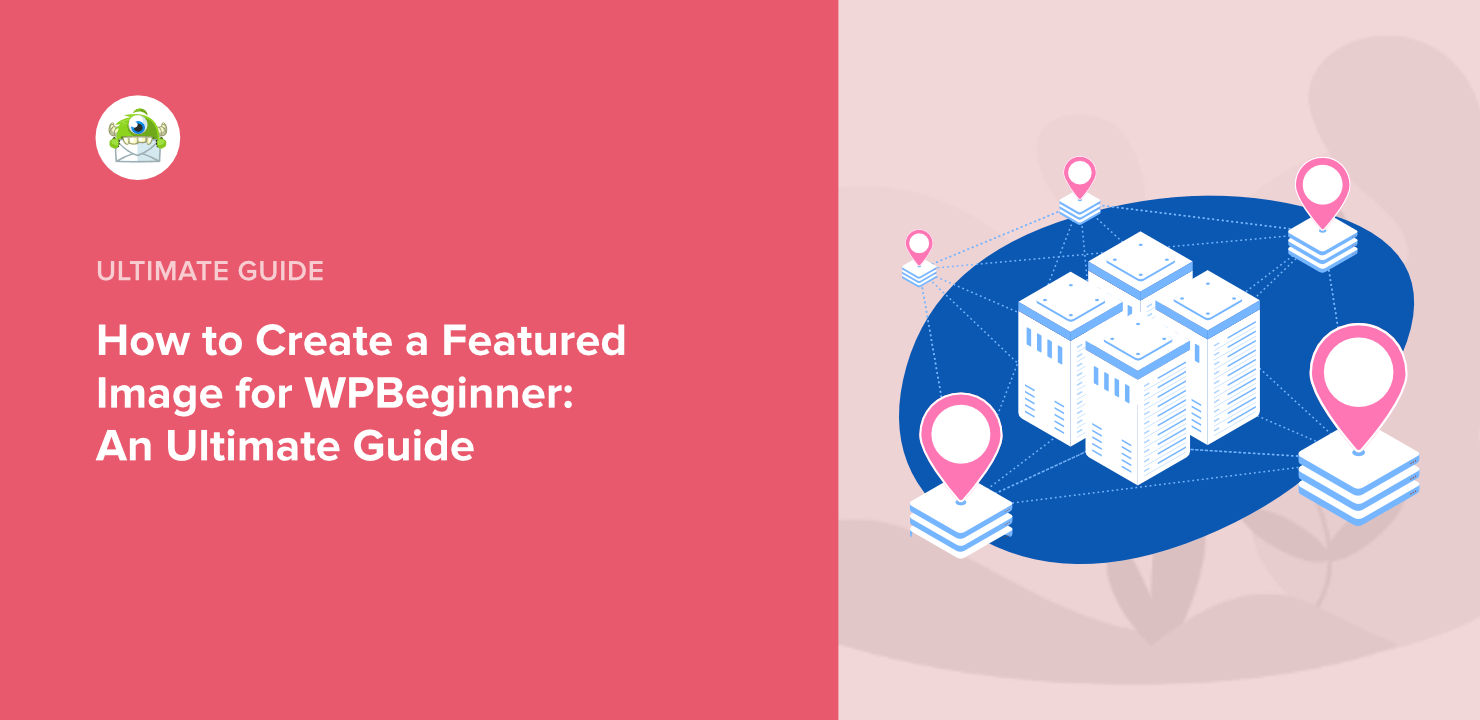
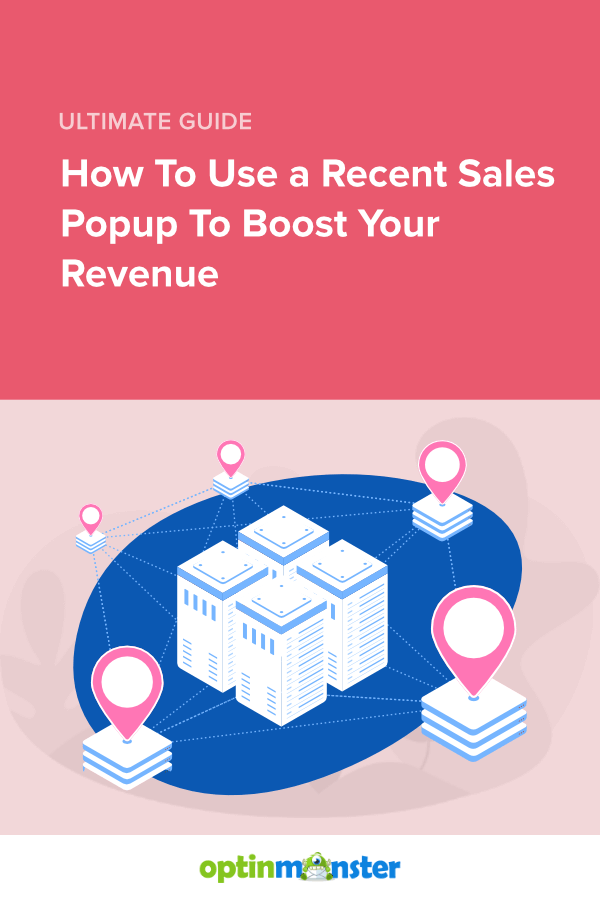

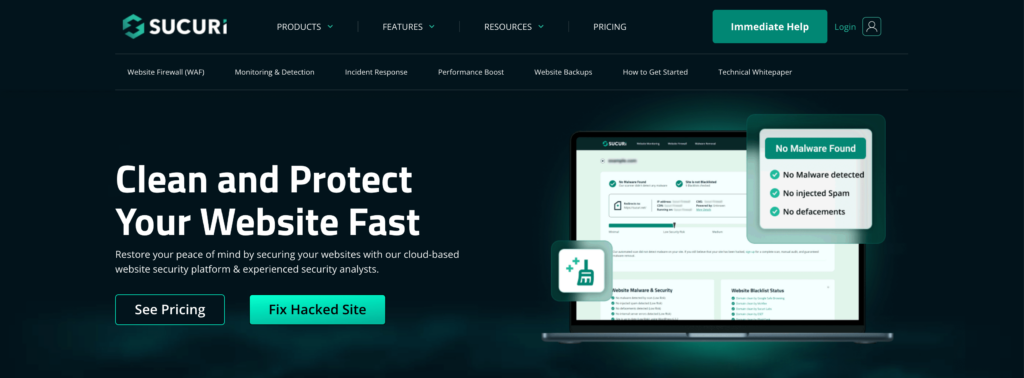


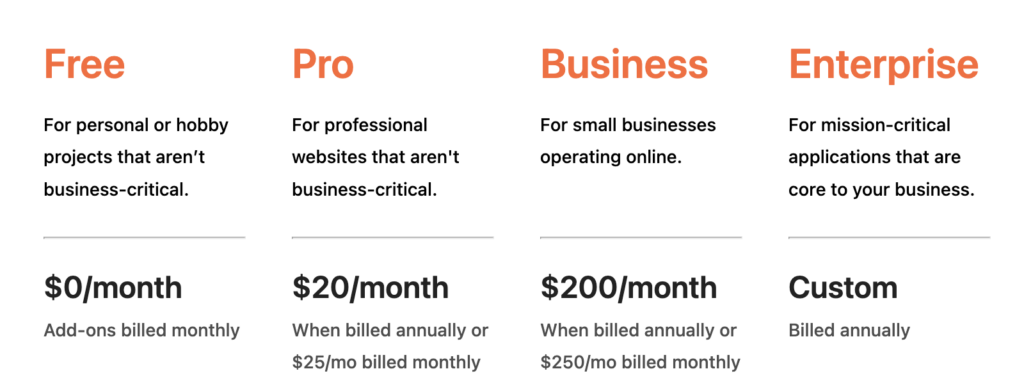




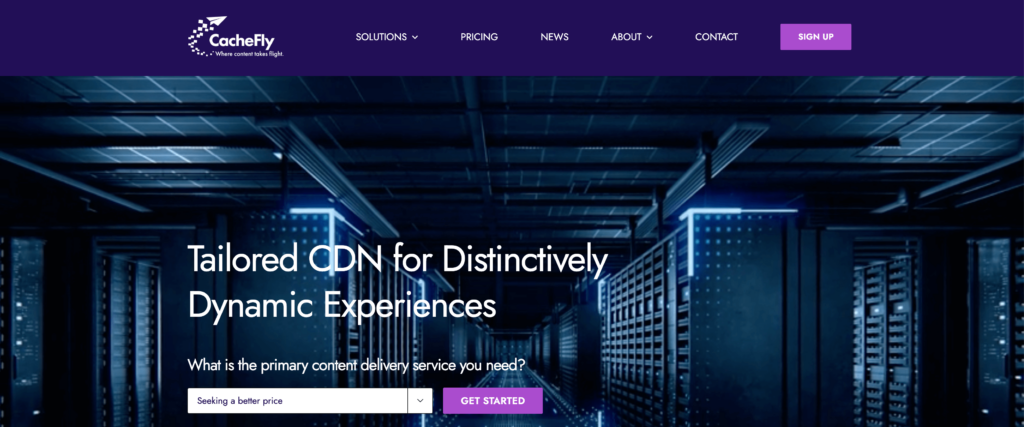










Add a Comment